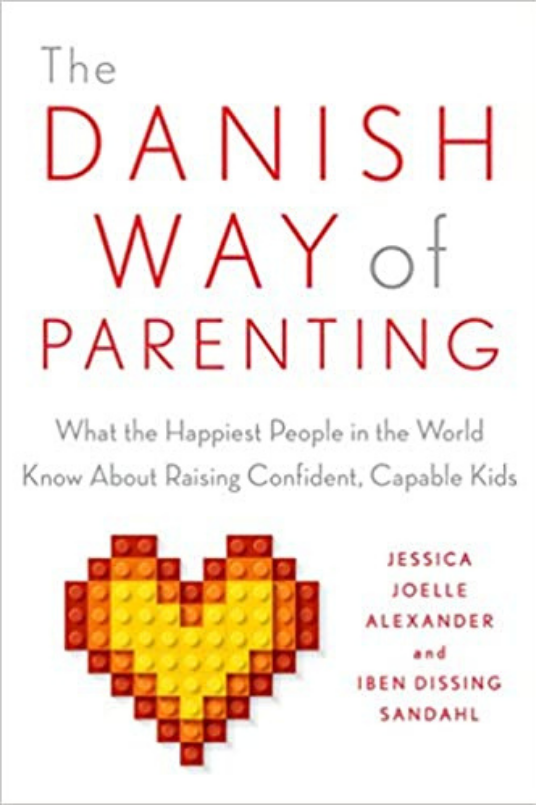This book has the potential of eliminating so much suffering. It’s a great resource for new parents, as well as for any other human being.
Even if you are not a parent. Because it will help you understand what good parenting looks like and understand why you might have some triggers, or emotions that you don’t know how to handle.
Flow: 5/5
Actionability: 5/5
Mindset: 5/5
Some of My Highlights:
“Increasing our self-awareness and making conscious decisions about our actions and reactions are the first steps toward powerful life change.”
“They discovered that free play is crucial for a child’s development.”
“As they see it, if children are always performing in order to obtain something – good grades, awards, or praise from teachers or parents – then they don’t get to develop their inner drive.”
“In Denmark, parents try to not intervene unless it’s absolutely necessary.”
“When they are playing in a group with some difficult children and you want to protect them, remember that they are learning self-control and negotiation skills with all kinds of different personalities to keep the game alive.”
“…contrary to popular belief, watching tragic or sad movies actually makes people happier by bringing attention to some of the more positive aspects of their own lives. It tends to make people reflect on their own relationships with gratitude and perspective, leaving us feeling enriched and more in touch with our own humanity.”
“For Danes, authenticity begins with an understanding of our own emotions.”
“Emotional honesty, nor perfection, is what children truly need from their parents.”
“Acknowledging and accepting all emotions, even the hard ones, early on makes it easier to maneuver in the world.”
“In contrast, effort or ‘process’ praise – praise for engagement, perseverance, strategies, improvement, and so on – fosters motivation and resilience.”
“Remember, it takes a lot to confess or tell the truth for anyone at any age.”
“Children learn a lot from sadness and tragedy (being age-appropriate, of course).”
“The goal is to not make easily performed tasks the basis for our admiration.”
“‘More than education, more than experience, more than training, a person’s level of resilience will determine who succeeds and who fails.”
“The ability to reframe negative situations is a key element of being resilient.”
“The more they focused on talking about the values and skills she liked about herself, the more positive and loving the story line about herself became. Slowly, she began to define herself in a new way.”
“Danish parents are good at helping their children conceptualize their emotions and then guiding them into finding something more constructive, instead of disparaging or limited belief. This is the heart of reframing.”
“Try to eliminate the black-and-white, limiting language. I hate this, I love that, I always, I never, I should, I shouldn’t, I am like this, she is like that, and so on.”
“Try externalization language: Separate the actions from the person.”
“Empathy is the ability to recognize and understand the feelings of others. It is the ability to feel what someone else feels – not to only feel for him but to feel with him.”
